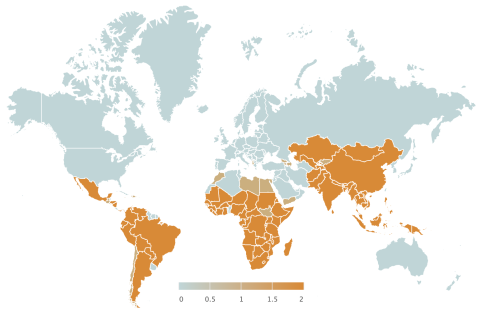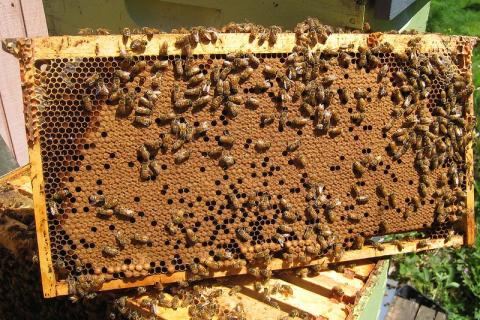We are celebrating the Land Portal's 80th country profile -- Iraq -- and the 79 that stand behind it. This rich collection represents seven years of work and underpins the Land Portal's commitment to making land information open and accessible. We publish profiles in English, French, Spanish, and Portuguese, and recently added Arabic to meet users' needs in the Arab region.
The 80 countries in our compendium amount to a story about the land that is home for 73% of the global population. Country profiles on the Land Portal are some of the best gateways to understanding land governance in a given country. Rigorously researched, written, and peer-reviewed, these comprehensive guides touch on history, politics, and culture, and are aimed at experts and casual readers alike.
As the Land Portal develops the State of Land Information Index (SOLIndex), these profiles will provide important context to understanding country scoring. They clarify what roles land plays in the economy, politics, culture, and the environment.
"If you want to understand the situation of land governance in a country, the Land Portal has the best resources anywhere. We dare you to not learn something new as you browse the collection!" -- Romy Sato, head of the Country Profiles initiative.











